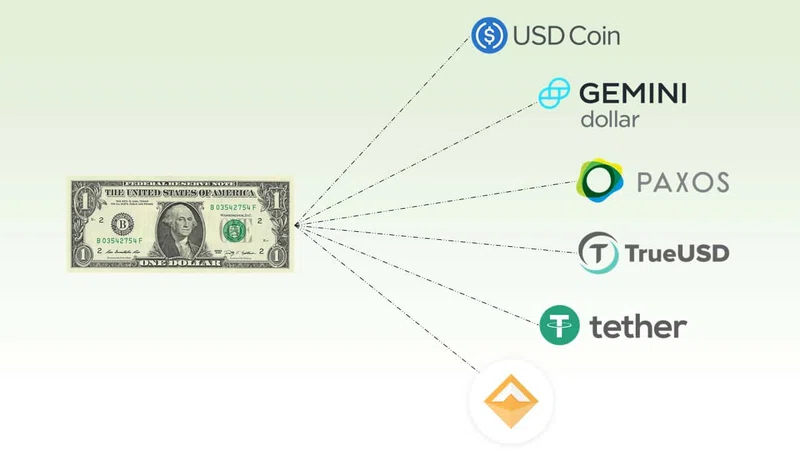Today’s topic piggybacks off of Participation issue, where we discussed the importance of being an active participant in the networks you are invested in.
The natural result of consistent participation in something is reputation - good or bad.
The challenge establishing a reputation in DeFi is that users are pseudonymous, identified only by their wallet address. We don’t have an identity system in DeFi, and as a result, no reputation. This has a significant impact on the type of financial services that exist, and the capital efficiency of the market.
Let’s zoom in…
Credit Scores
Reputations are the most valuable things we have as humans. They are the sum total of our previous actions.

In the financial system, our reputation is measured by a credit score.
Seventy years ago, to determine someone’s creditworthiness, lenders would look at previous payment history, word-of-mouth and…wait for it…in-home visits (!) with potential borrowers. If he liked you, you got the loan. Your reputation in the financial system was heavily based on the subjective measure by the lender. For obvious reasons, this type of qualitative “system” (not really a system) doesn’t scale. It’s also subject to extreme levels of bias.
A more automated, quantitative system was needed.
In the 1950’s, an engineer and a mathematician created a scoring system that later became known as the FICO credit score. The modern credit scoring system was born, taking into account the following factors: payment history, amounts owed, length of credit history, types of credit used, and recent credit inquiries (in descending level of importance).
These five factors are the basis for your reputation in today’s financial system. A high score means easy access to credit cards, car loans and mortgages. A low score could mean no ability to access credit.
Why Reputation Matters
Because reputation is the sum total of past behavior, it serves as one of the best predictors of future behavior.
If you show up to work early and leave late every day for 365 days, you develop a reputation as a hard worker. This is also the best predictor of how you are likely to behave on day 366.
Your reputation’s ability to predict your future behavior is particularly important in financial services, where so much of the activity is about accurately pricing the risk of you doing or not doing something in the future. For example, if Sarah has been using a credit card for ten years and consistently paying her credit card bill every month, she is statistically more likely to pay next month’s credit card bill on time than Tom, who frequently misses payments and has had multiple cards cancelled as a result.
To a bank, Sarah is less risky, and therefore able to access more credit. There is a market value to your reputation.
DeFi - The Reputation Void
The DeFi ecosystem is a new quadrant of the financial system, but from a reputation standpoint, it is an island, separated from the mainland.
Why?
There is no identity. All the work you’ve put into establishing your reputation in the traditional financial system doesn’t apply because the DeFi ecosystem doesn’t know who YOU are. It’s like transferring high schools halfway through your junior year. Everything you did your first two years is gone, and you have to start over with a clean slate.
This has a real impact on two things - the personalization of DeFi products and services, and the capital efficiency of the market.
(1) Personalization - as a DeFi user today, you get the exact same experience, products and services as everyone else, regardless of your prior actions. There is no personalization because the industry doesn’t have a reliable mechanism for calculating creditworthiness.
This means there is no incentive for building a strong reputation and no penalty for building a poor one. It’s like changing high schools every day!
(2) Capital Efficiency - Because DeFi doesn’t have identity or reputation, every loan issued is overcollateralized. This means there is a ton of capital stuck in DeFi protocols essentially serving as insurance, that could be put to work elsewhere.
The irony is that while we’ve built a trustless financial system, everything is overcollateralized because the system doesn’t trust us (I thought this was hilarious, but I’m also really sleep deprived).
Solutions Coming
Everyone in the industry acknowledges this isn’t the ideal state. But building a new financial system from scratch takes time. Not all the building blocks are there!
Fortunately, solutions are emerging to bring reputation to DeFi.
One particularly exciting project is the DeFi Passport by ARCx. The DeFi Passport is a combination of identity and reputation. Users can (1) prove their wallet address is associated with a real identity (not a bot) and (2) receive a Credit Score between 0-1000 based on the following variables:
- Had a loan on Compound/Maker/Aave for a minimum duration
- Never been liquidated
- Maintained a large collateral position while maintaining a high (time-averaged) collateral ratio
- Actively repaid loans during days of high market volatility

ARCx’s DeFi Credit Score has the ability to serve as the basis for dynamic collateral ratios. Translation, if you are borrowing crypto on Compound, for example, the collateral ratio required by the Compound protocol may be lower if you meet the above criteria.
You may also have access to higher yield opportunities.
The key takeaway here is that there will be incentives for building strong reputations, and penalties for building poor ones. This is a core building block of any financial system, and any society really.
Parting Thoughts
I’m curious what, if any, impact this will have on user behavior.
Currently, outside of criminal liability perhaps, there is no penalty imposed by the system on a hacker, for example. If user’s bad actions followed them around, would they be less likely to do those things in the first place?
I guess it depends on how valuable their reputation is, and how easy it is to establish a new one.
What about things where the legal line is more blurry like front-running, or pump-and-dumps?
You can encourage just about anything with the right incentives, and I expect reputation to be a valuable input in a lot of incentive experimentation in the future.
Thanks for reading,
Andy













